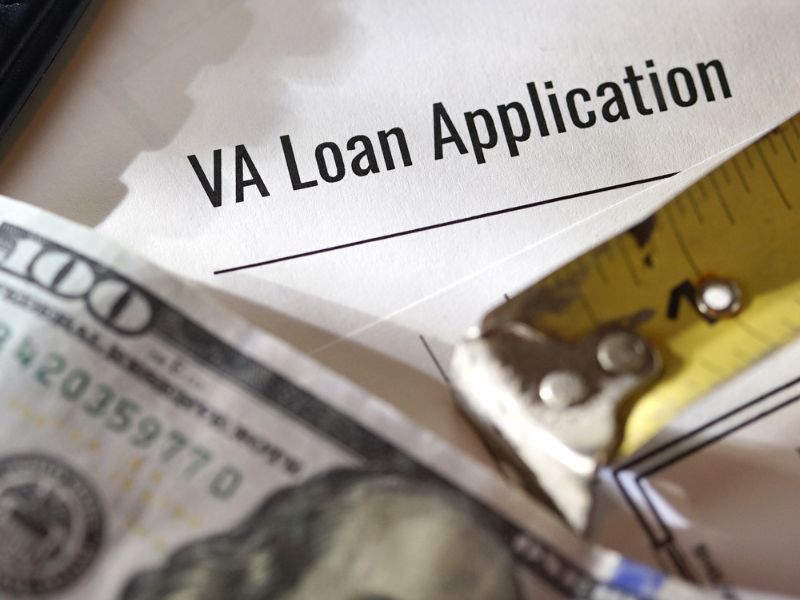Renting Out Your Property and Becoming a Landlord with a Mortgage
 Becoming a landlord can be a profitable undertaking, providing a steady income stream and potential long-term investment growth. It is important to understand the complexities of managing a property while still under a mortgage. We will discuss the key insights into renting out your property and becoming a landlord while maintaining a mortgage.
Becoming a landlord can be a profitable undertaking, providing a steady income stream and potential long-term investment growth. It is important to understand the complexities of managing a property while still under a mortgage. We will discuss the key insights into renting out your property and becoming a landlord while maintaining a mortgage.
Understanding Your Mortgage Terms:
Before deciding if you would like to be a landlord, it’s imperative to thoroughly understand your mortgage terms. Some mortgages may have clauses restricting renting out the property without prior consent from the lender. Review your mortgage agreement carefully and consult with your lender to ensure compliance.
Seek Professional Advice:
Engage with real estate professionals and legal advisors to gain a comprehensive understanding of the legal and financial implications of renting out your property. A real estate attorney can provide valuable insights into local landlord-tenant laws and help you draft a solid lease agreement that aligns with your mortgage terms.
Budgeting for Dual Responsibilities:
Being a landlord while still having a mortgage entails dual financial responsibilities. Ensure that you budget carefully, factoring in mortgage payments, property maintenance, and potential periods of vacancy. Having a financial buffer will safeguard you from unexpected expenses and ensure the sustainability of your investment.
Choosing the Right Tenant:
Selecting the right tenant is vital to the success of your landlord venture. Perform thorough background checks, verify employment, and request references to minimize the risk of defaulting on rent payments. A reliable tenant can contribute to a stable income stream and reduce the likelihood of property damage.
Setting Appropriate Rent Prices:
Conduct market research to determine competitive rental prices in your area. Striking the right balance between generating income and attracting quality tenants is essential. Setting a rent that is too high may deter potential tenants while pricing it too low could impact your ability to cover mortgage payments and related expenses.
Emergency Fund for Repairs:
Owning a rental property means being prepared for unexpected maintenance and repairs. Establish an emergency fund to cover unforeseen expenses, ensuring that you can promptly address any issues without compromising your ability to meet mortgage obligations.
Insurance Coverage:
Update your insurance coverage to reflect your status as a landlord. Landlord insurance typically covers property damage, liability, and loss of rental income. Adequate coverage is crucial to safeguarding your investment and mitigating risks associated with property management.
Communicate with Your Lender:
Maintain open communication with your mortgage lender throughout the landlord process. Inform them of your intention to rent out the property and seek their guidance on any specific requirements or adjustments needed to stay in compliance with your mortgage agreement.
Renting out your property and becoming a landlord while carrying a mortgage requires careful planning, thorough research, and a commitment to fulfilling dual responsibilities. By understanding your mortgage terms, seeking professional advice, and implementing prudent financial strategies, you can navigate the complexities of real estate investment and turn your property into a sustainable source of income.

 For the brave men and women who have served in the armed forces, the dream of homeownership becomes more attainable and rewarding through the power of VA loans. We will discuss the unique features that make VA loans a tool for veterans, empowering them to secure homes with financial flexibility and favorable terms.
For the brave men and women who have served in the armed forces, the dream of homeownership becomes more attainable and rewarding through the power of VA loans. We will discuss the unique features that make VA loans a tool for veterans, empowering them to secure homes with financial flexibility and favorable terms. Mortgage prepayment penalties are fees charged by lenders when borrowers pay off their mortgages before the agreed-upon term. These penalties are designed to compensate lenders for potential lost interest income and can significantly impact borrowers who want to pay off their mortgages early. Here’s what borrowers should watch out for and how to avoid or mitigate prepayment penalties:
Mortgage prepayment penalties are fees charged by lenders when borrowers pay off their mortgages before the agreed-upon term. These penalties are designed to compensate lenders for potential lost interest income and can significantly impact borrowers who want to pay off their mortgages early. Here’s what borrowers should watch out for and how to avoid or mitigate prepayment penalties: